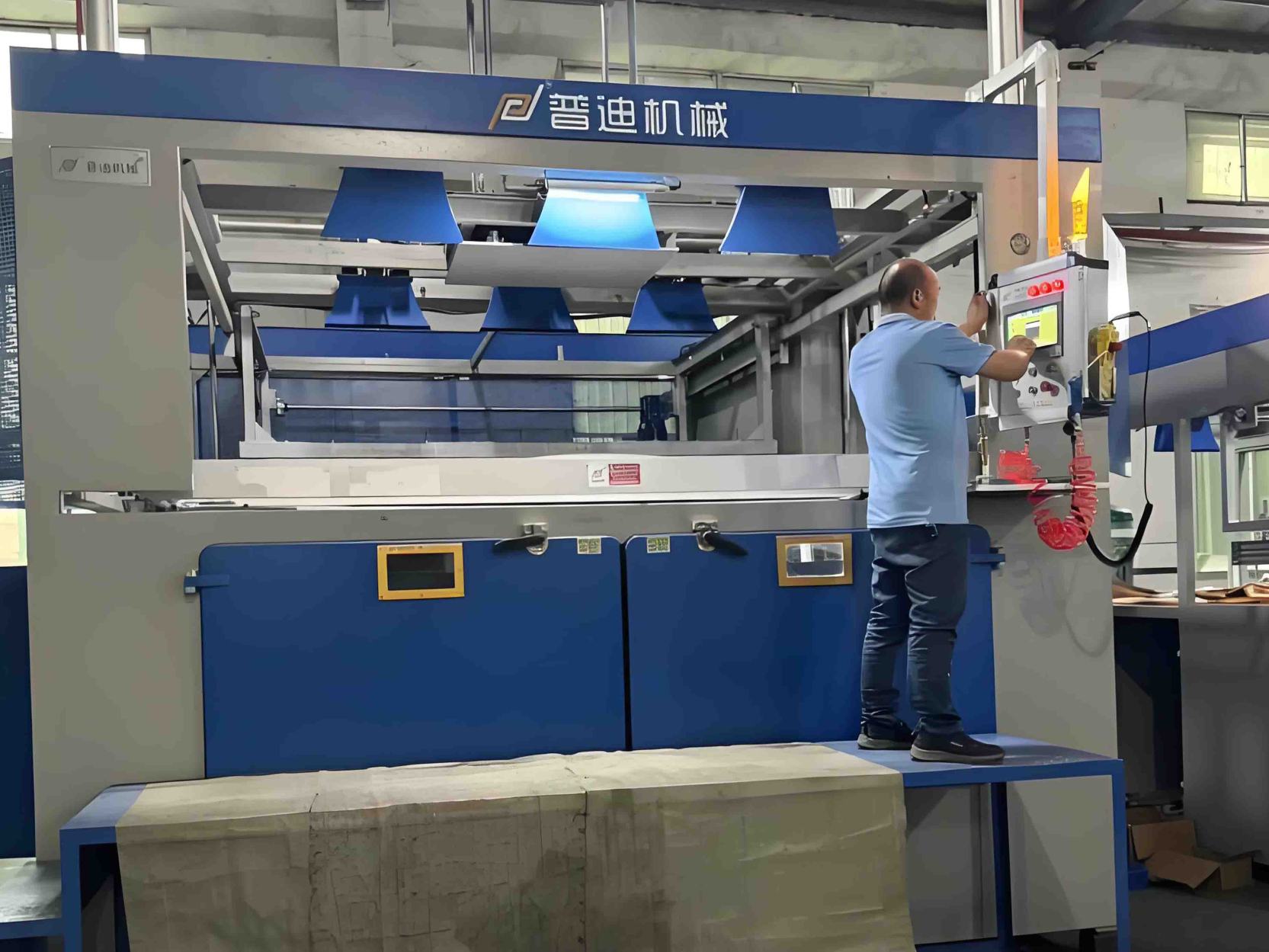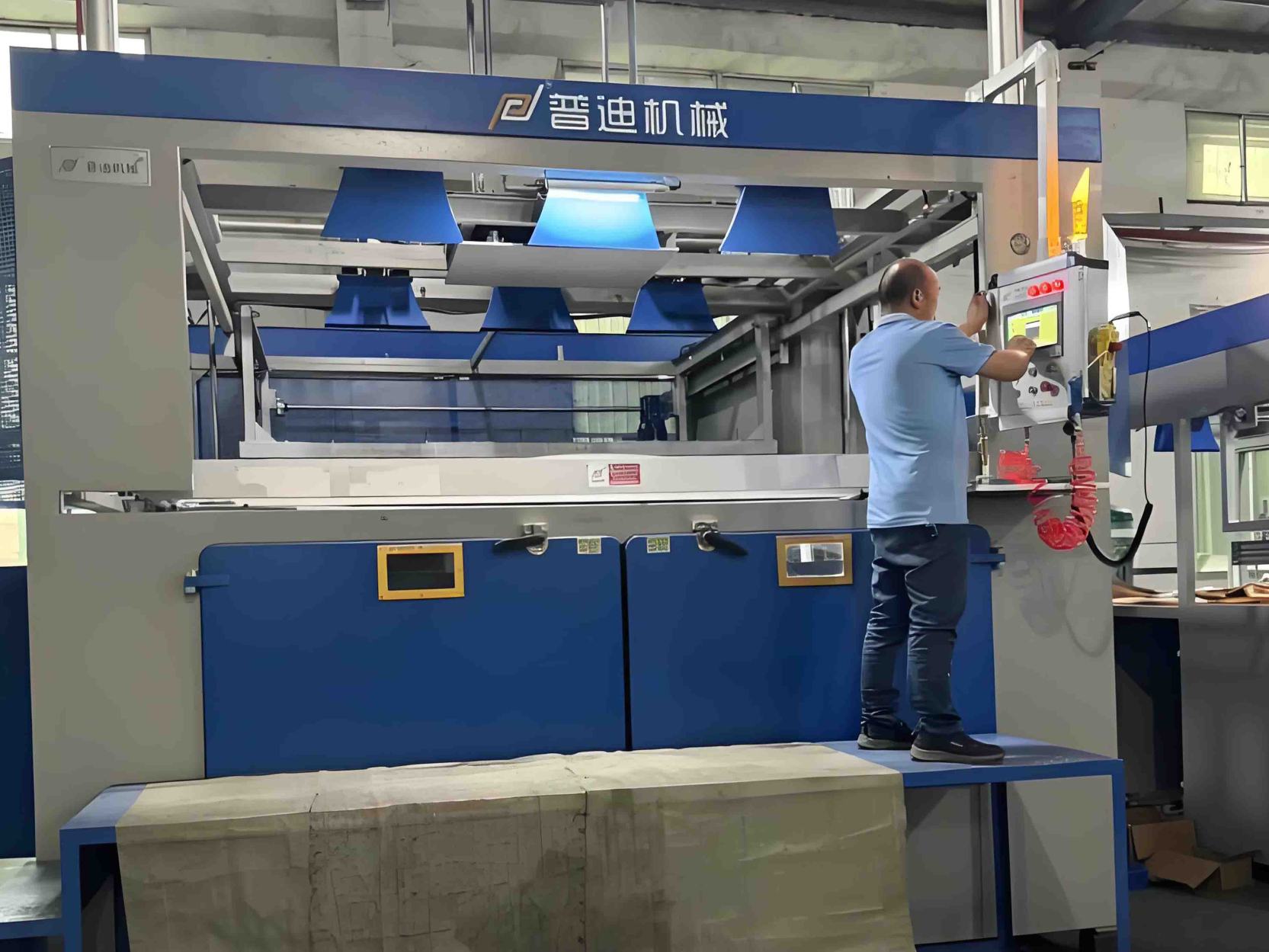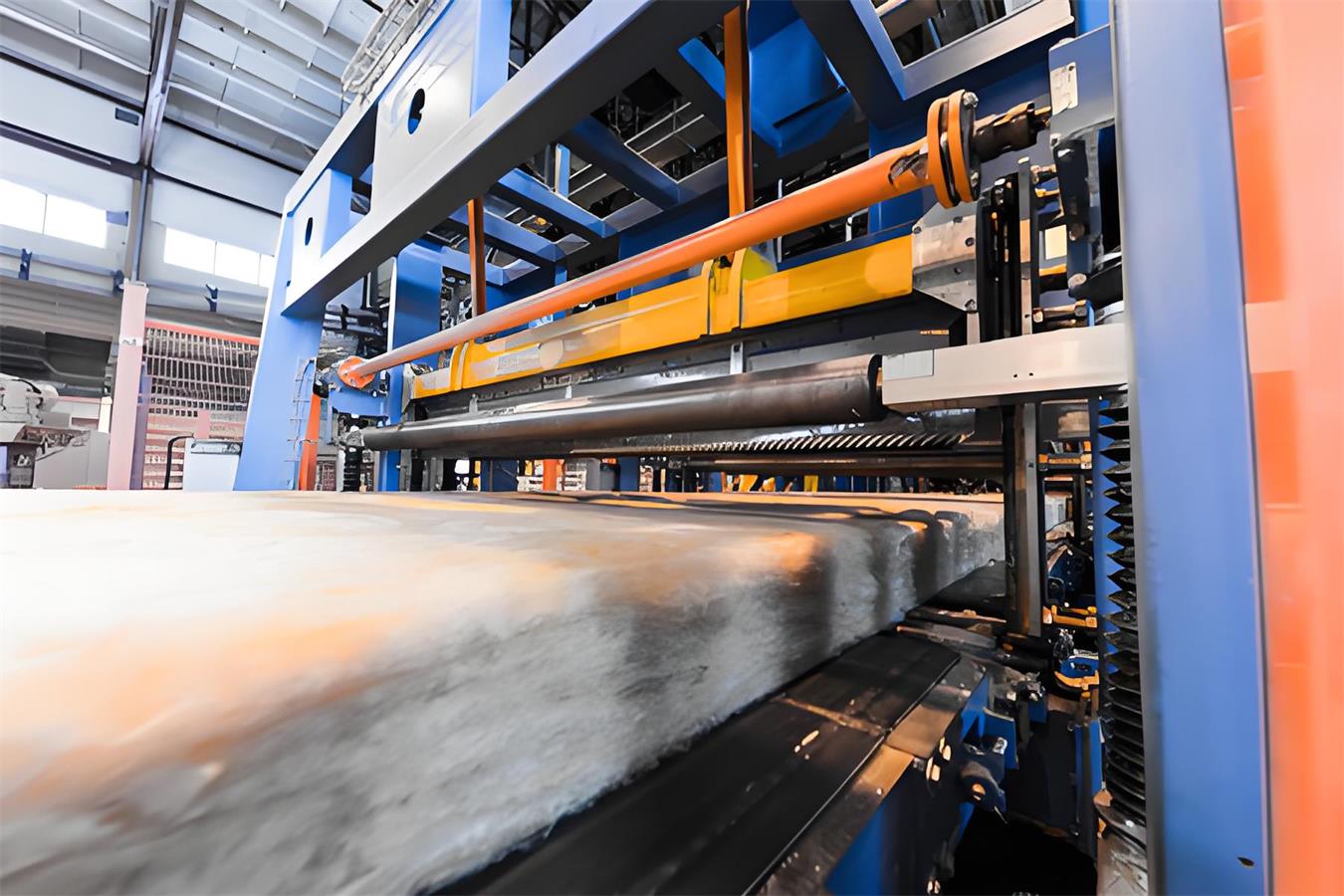- Home
- Capability
- Products
- About Us
- Service Industry
- Service Cases
- Video
- Contact Us
-
Language

2024-05-29 17:08:07
Thick sheet vacuum forming and fiberglass are both materials used in manufacturing, but they differ in composition, manufacturing process, properties, and applications:

1. Composition:
- Thick Sheet Vacuum Forming: Involves heating and shaping thick plastic sheets, typically made of materials such as ABS (acrylonitrile butadiene styrene), PVC (polyvinyl chloride), or HDPE (high-density polyethylene).
- Fiberglass: Also known as glass-reinforced plastic (GRP), fiberglass is a composite material made of fine glass fibers embedded in a resin matrix, such as polyester or epoxy.
2. Manufacturing Process:
- Thick Sheet Vacuum Forming: Involves heating a plastic sheet until it becomes pliable, then stretching it over a mold and using vacuum pressure to form it into the desired shape.
- Fiberglass: Manufactured through a process called lay-up or molding, where layers of resin-saturated fiberglass cloth or mat are laid up in a mold and cured to form the desired shape.
3. Properties:
- Thick Sheet Vacuum Forming: Offers good impact resistance, durability, and weatherability. The material thickness can vary from 1mm to 16mm or more.
- Fiberglass: Known for its high strength-to-weight ratio, stiffness, and corrosion resistance. Fiberglass can be tailored to specific strength and flexibility requirements by varying the number of layers and resin types.
4. Applications:
- Thick Sheet Vacuum Forming: Commonly used for producing large, lightweight, and durable plastic parts such as automotive components, signage, trays, and packaging.
- Fiberglass: Widely used in applications requiring high strength and durability, such as boat hulls, automotive body parts, aerospace components, and architectural structures.
5. Surface Finish:
- Thick Sheet Vacuum Forming: Surface finish may have some choices ,different color,different texture,painting,silk printing and so on.
- Fiberglass: Offers a smooth surface finish that can be further customized with gel coats, paints, or finishes to achieve desired aesthetics.

Advantages:
1. Cost-effective: Lower tooling and production costs compared to fiberglass.
2. Lightweight: Ideal for applications requiring lightweight yet durable components.
3. Rapid Prototyping: Quick turnaround time for prototype development and production.
4. Versatility: Can accommodate various shapes and sizes with relatively simple tooling.
5. Customizable: Suitable for a wide range of colors, textures, and surface finishes.
Weaknesses:
1. Limited Strength: Not as strong as fiberglass, limiting its suitability for heavy-duty applications.
2. Material Thickness: Limited to relatively thick sheets, making it less suitable for thin-walled parts.
3. Surface Finish:Surface finish may have some choices ,different color,different texture,painting,silk printing and so on
Fiberglass
Advantages:
1. Strength and Durability: Offers superior strength-to-weight ratio and durability, suitable for heavy-duty applications.
2. Versatility: Can be molded into complex shapes with high detail and precision.
3. Corrosion Resistance: Resistant to corrosion, making it ideal for outdoor and marine applications.
4. Surface Finish: Provides a smooth surface finish that can be further customized with gel coats, paints, or finishes.
5. Temperature Resistance: Withstands high temperatures without deforming, suitable for automotive and aerospace applications.
Weaknesses:
1. Higher Cost: Initial tooling and production costs are higher compared to thick sheet vacuum forming.
2. Production Time: Longer lead times due to the curing process required for fiberglass.
3. Weight: Heavier than vacuum-formed plastics, limiting its use in weight-sensitive applications.
4. Material Handling: Fiberglass materials can be hazardous to handle due to the presence of glass fibers.
Understanding these advantages and weaknesses can help in selecting the most suitable manufacturing process for specific project requirements and constraints.